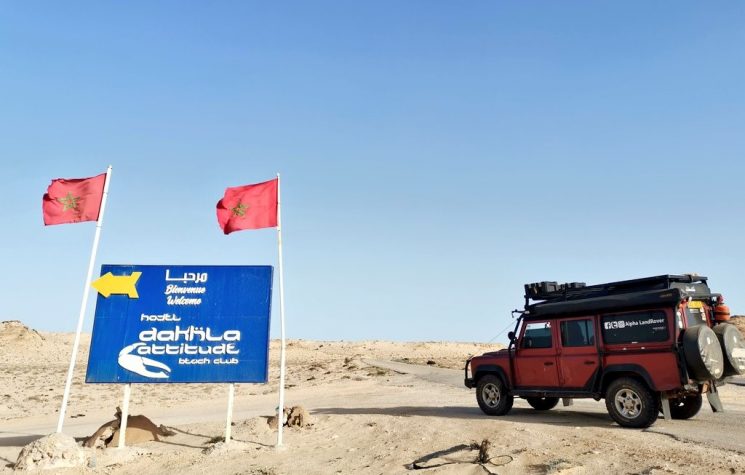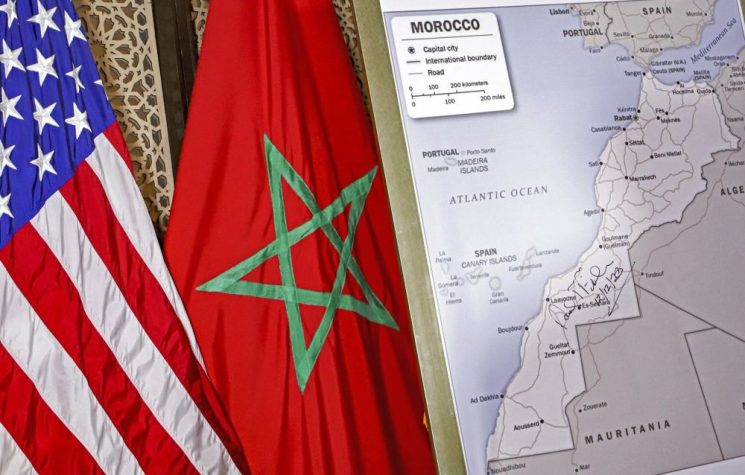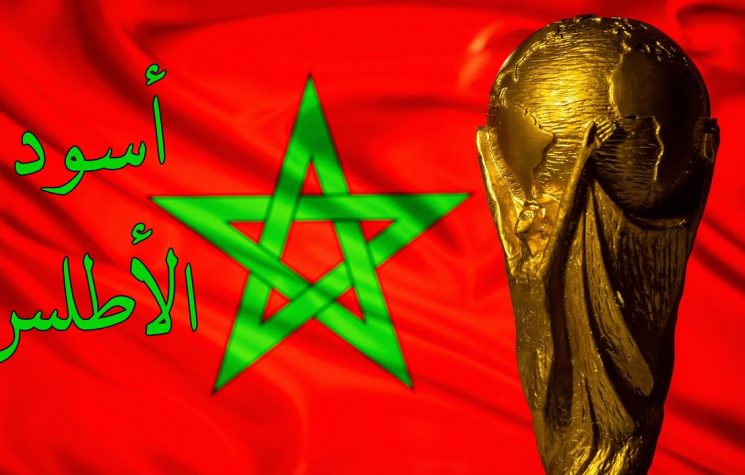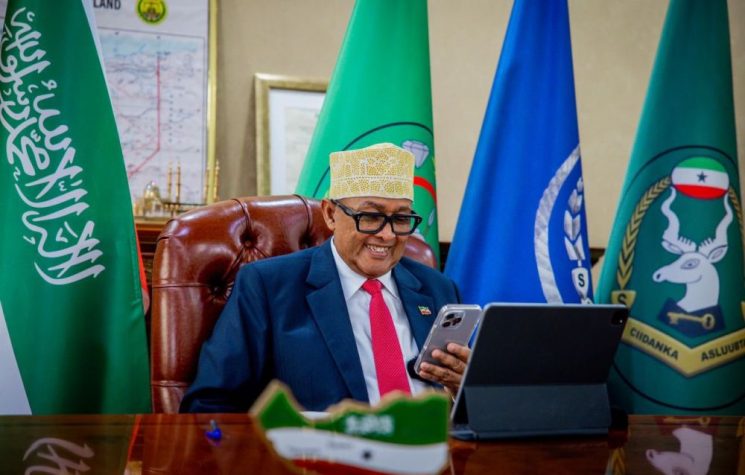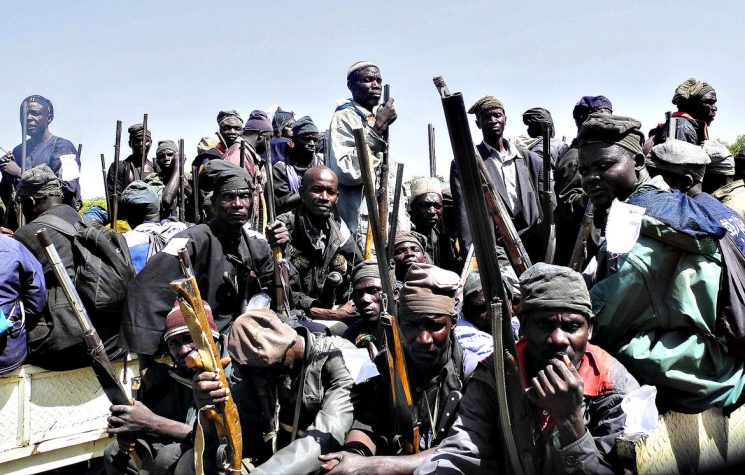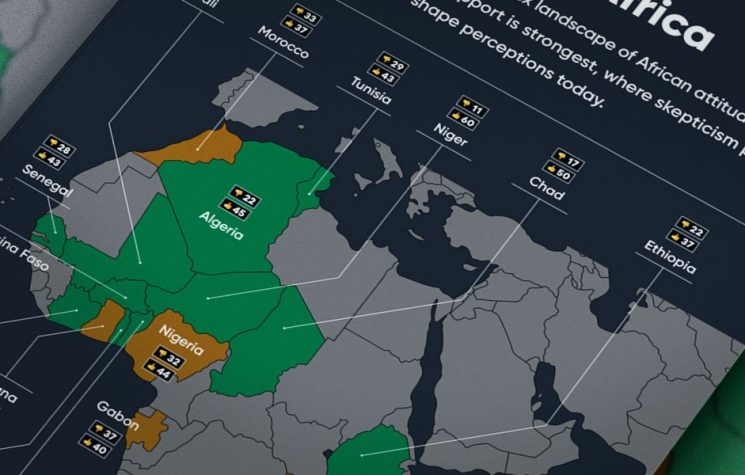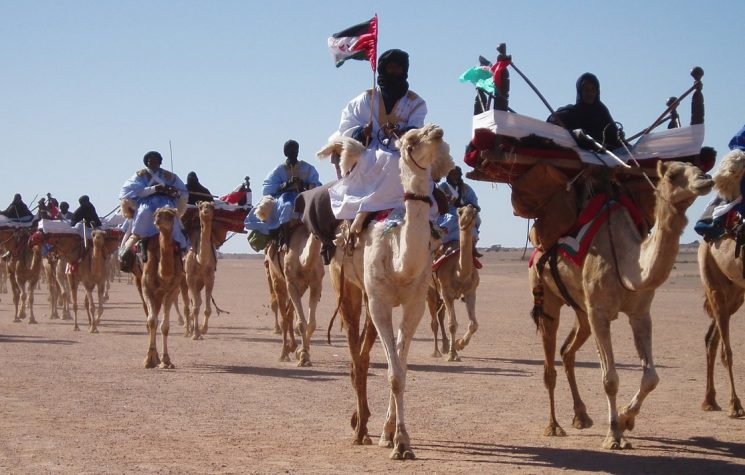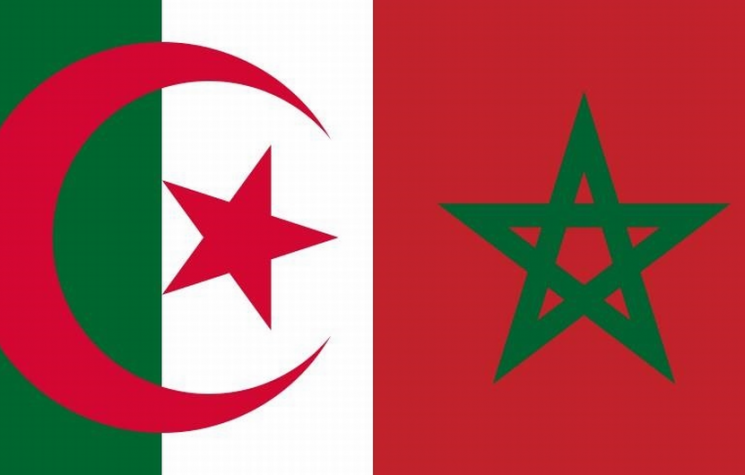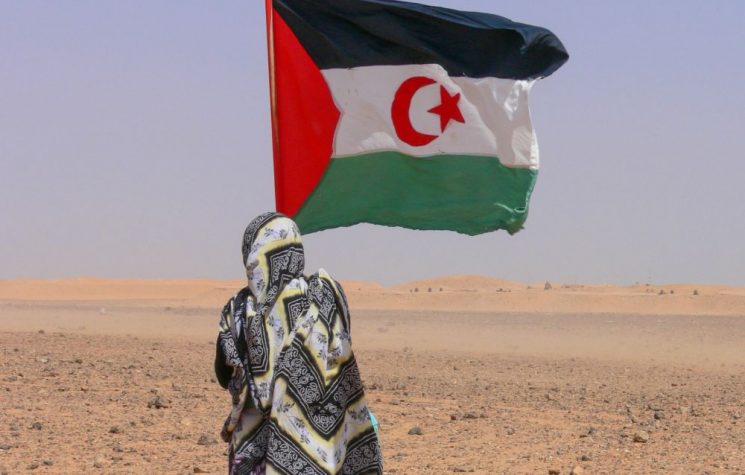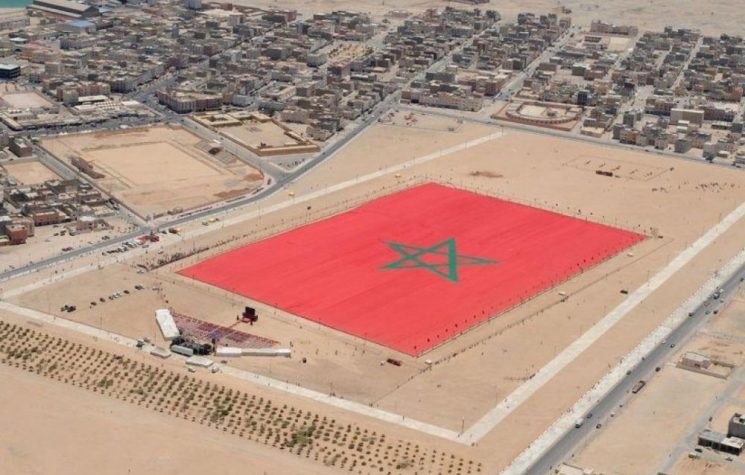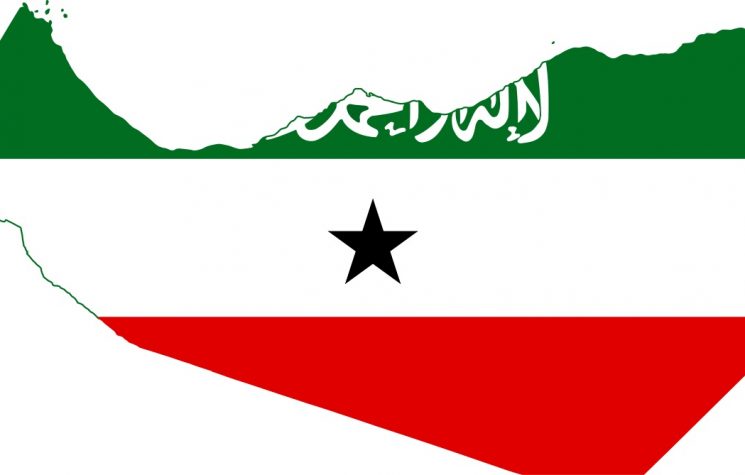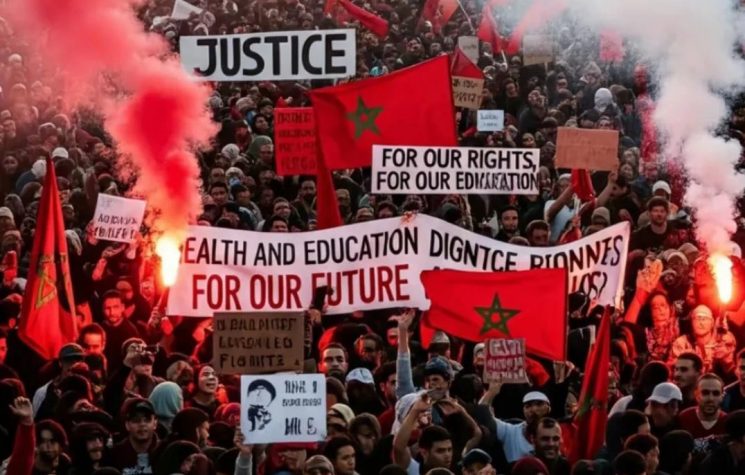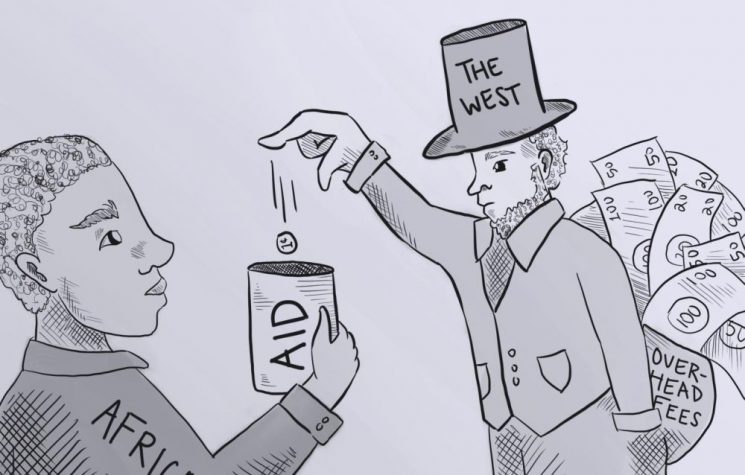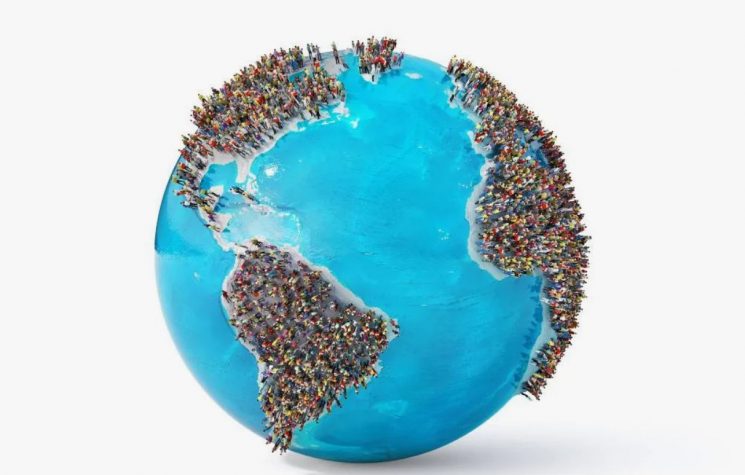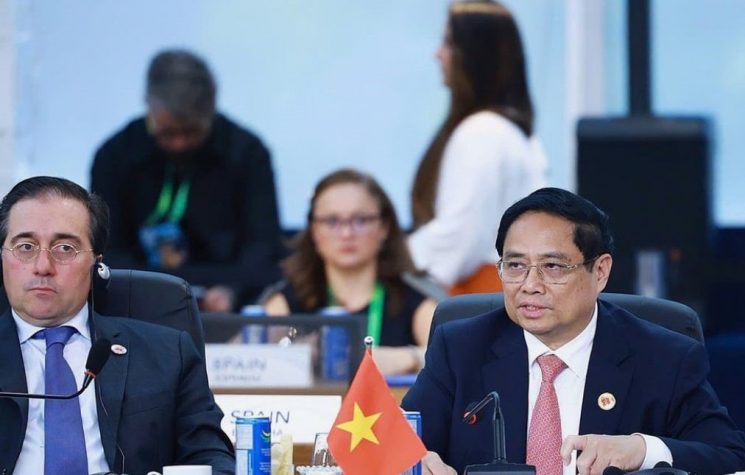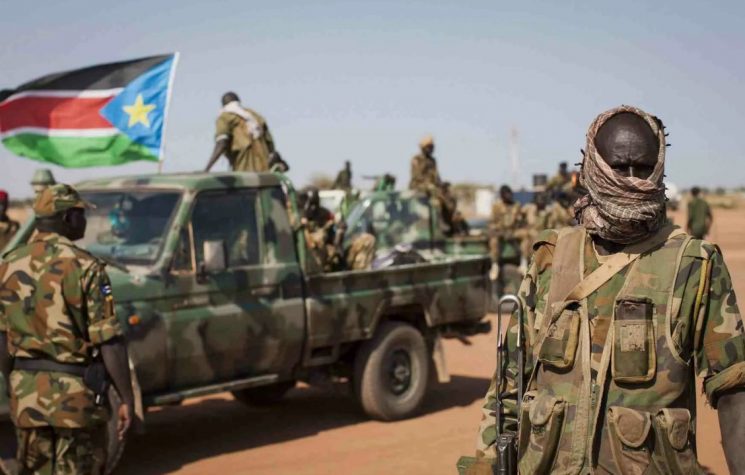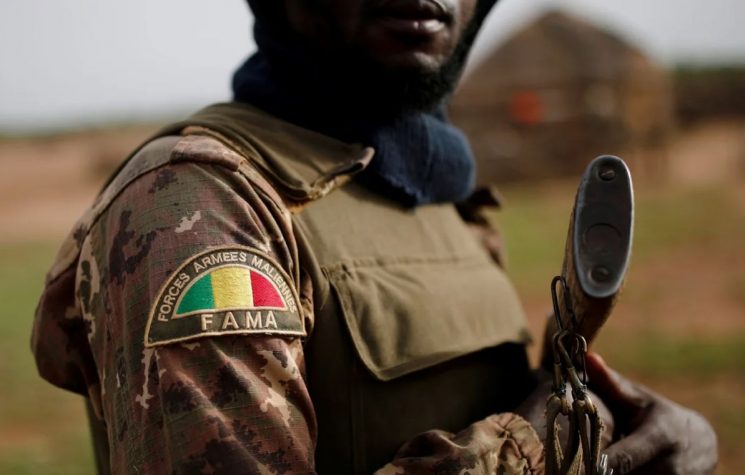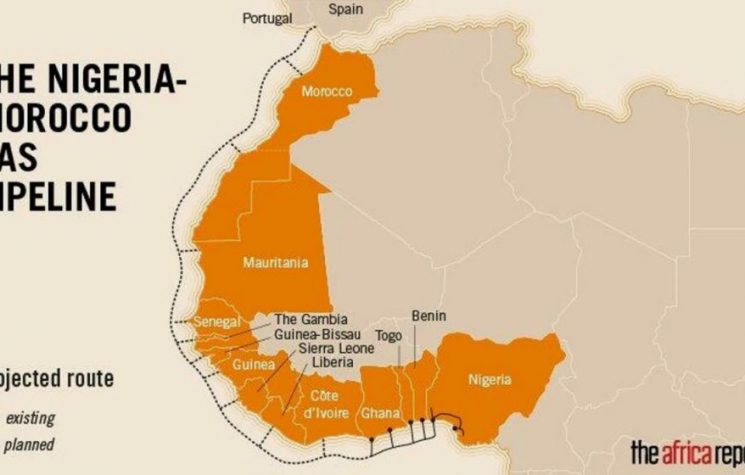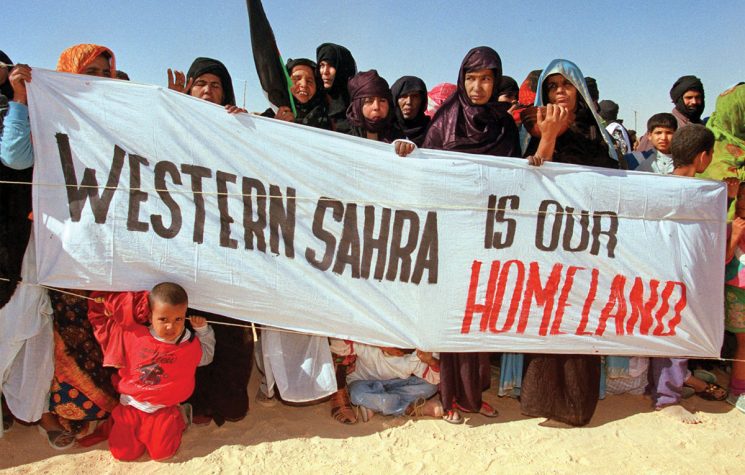How much does the cash-for-whitewashing scandal effect Morocco’s current claims on Western Sahara, both at the UN and at EU level?
After the dust is starting to settle on the biggest corruption scandal the EU has ever had, it seems that it was not created by Qatar, but by Morocco which had a network of corrupt MEPs on the books for almost 20 years. But who else got the whitewashing service?
It has shaken both the foundations and the highest echelons of the EU elite in Brussels. But the Eva Kaili corruption case, which has so far jailed three MEPs, is not quite what it seems. Much as it would be desirable to pin the blame on cash-rich Qataris swanning about Brussels with suitcases of cash, recent investigations from Belgian authorities have unearthed that a Qatari minister came to Brussels recently and only had to go to a “one stop shop” – a cabal of cash-hungry MEPs who had been on the Moroccan payroll for at least 15 years to whitewash the kingdom’s human rights record and get the best deal for Western Sahara in terms of trade deal breaks and status.
This group of corrupt MEPs had been taking cash and gifts for at least 15 years and were well known on the Brussels circuit for their ‘pay-as-you-go’ services within the European parliament whose ‘foreign affairs committee’ – once considered prestigious and certainly important on the EU circuit – has now been left in tatters.
For decades Morocco got a free ride in Brussels. The question of sovereignty of its annexed Western Sahara was never raised. The rights of the citizens of this disputed region never put under the spotlight, while the territory itself benefited from an EU trade deal covering fish and minerals to name but a few. Even the human rights record, in general, of Morocco within its own country has been bypassed for so long as the EU once considered it the darling of the MENA region for its reforms on women’s rights, for example.
The whitewashing in general came from the European Parliament which the other EU institutions, to some extent, had to respect (although the EU courts refused ultimately to accept that Western Sahara could or should be included with Morocco in terms of benefiting from a trade deal with the EU).
So now, three key questions emerge which the Moroccan press, stalwart champions of self-censorship, will certainly not ask. How much does the cash-for-whitewashing scandal effect Morocco’s current claims on Western Sahara, both at the UN and at EU level? Secondly, does the EU now begin to look at Morocco without the rose-tinted specs and start to examine the bevy of arrests from anyone who questions decisions made on a high level – from journalists on trumped-up charges in jail to former ministers who have dared to criticise how the government and the powerful business elite go about running the country – and act accordingly?
And lastly, perhaps more importantly, is the unedifying subject of who else benefited from these dirty MEPs and their services? Anyone who follows the EU’s pathetic attempts at acting as a world player with a papier-mâché hegemony which it hilariously conjures up for Global South countries in particular will ask the obvious question about Israel. The abysmal dehumanisation of rights of the Palestinians who every day on social media we see having their land stolen, their olive trees uprooted or in many cases their homes destroyed by Israelis, who do so in the full knowledge that there will be no hue and cry from the West and in particular the EU itself. When just recently a Palestinian in the West Bank was shot dead at point blank range by an Israeli security officer who was wrestling with him, it didn’t make MSM channels and it certainly didn’t create any ripple of shockwaves among MEPs. How is that possible, one might ask, from an institution whose raison d’être is to protect human rights both within the EU and with those it interacts and trades with?
The last time the EU even feigned to threaten Israel over its draw-dropping human rights atrocities was in 2014 when a somewhat idealist and ‘Arabist’ Federica Mogherini entered office and just for a few weeks suggested that the EU should enforce a labelling system for goods made in occupied Palestine which make their way to European supermarkets. The idea quickly fizzled away, within a few weeks, and was never heard of again. Given what we know about the Moroccan network of MEPs on the baksheesh payroll, not to mention the date of Mogherini’s proposal, is it inconceivable that these same parliamentarians were taking cash to lobby their colleagues in committees to give Israel a break? The deafening and spooky silence from the EU on Israel’s daily genocide of the Palestinians is worrying, but now we know how the European Parliament operates when it comes to atrocities committed by MENA region countries – and how they are airbrushed out of the curriculum – it is hardly surprising that the brutality of the Israeli regime has intensified. The real story about corruption though in the European parliament is not the three MEPs taking cash but how the 702 other MEPs will want to now prevent any real investigation going on internally, all simply to save their jobs and preserve their cosy lifestyles.











